Guohong Liu
AgentProg: Empowering Long-Horizon GUI Agents with Program-Guided Context Management
Dec 11, 2025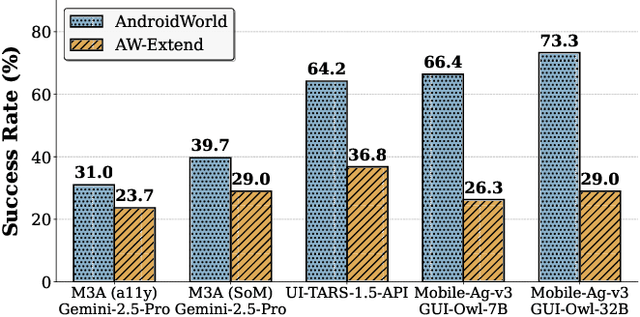

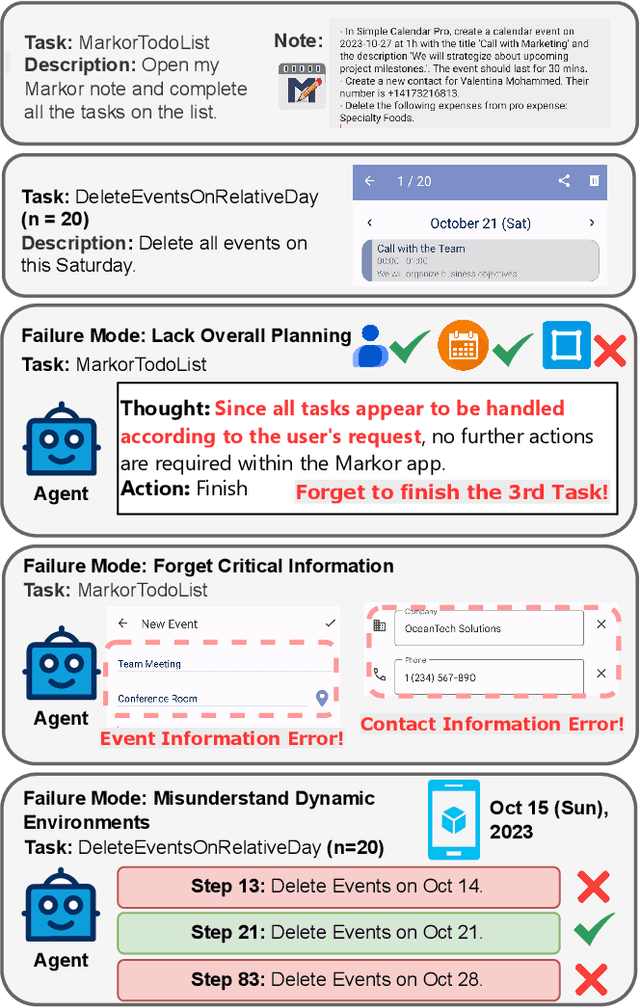

Abstract:The rapid development of mobile GUI agents has stimulated growing research interest in long-horizon task automation. However, building agents for these tasks faces a critical bottleneck: the reliance on ever-expanding interaction history incurs substantial context overhead. Existing context management and compression techniques often fail to preserve vital semantic information, leading to degraded task performance. We propose AgentProg, a program-guided approach for agent context management that reframes the interaction history as a program with variables and control flow. By organizing information according to the structure of program, this structure provides a principled mechanism to determine which information should be retained and which can be discarded. We further integrate a global belief state mechanism inspired by Belief MDP framework to handle partial observability and adapt to unexpected environmental changes. Experiments on AndroidWorld and our extended long-horizon task suite demonstrate that AgentProg has achieved the state-of-the-art success rates on these benchmarks. More importantly, it maintains robust performance on long-horizon tasks while baseline methods experience catastrophic degradation. Our system is open-sourced at https://github.com/MobileLLM/AgentProg.
Personal LLM Agents: Insights and Survey about the Capability, Efficiency and Security
Jan 10, 2024
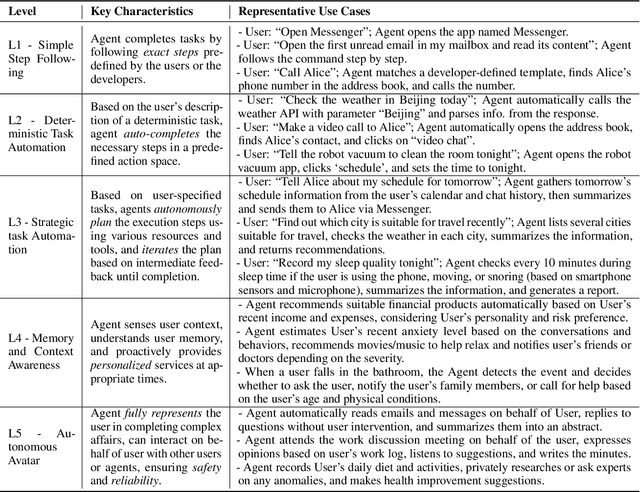
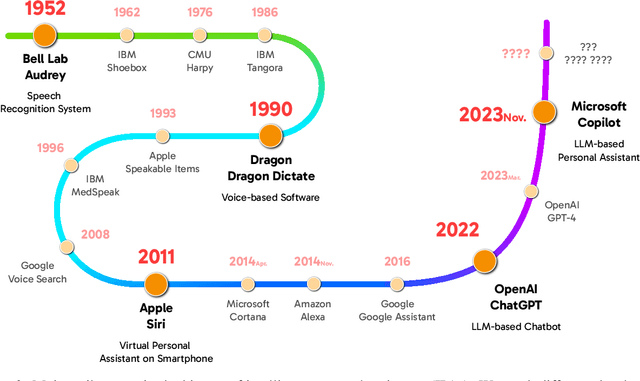
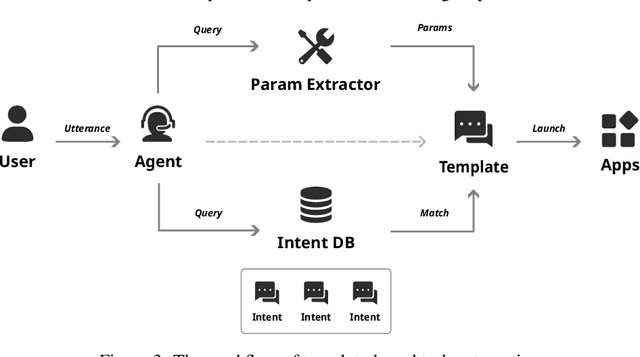
Abstract:Since the advent of personal computing devices, intelligent personal assistants (IPAs) have been one of the key technologies that researchers and engineers have focused on, aiming to help users efficiently obtain information and execute tasks, and provide users with more intelligent, convenient, and rich interaction experiences. With the development of smartphones and IoT, computing and sensing devices have become ubiquitous, greatly expanding the boundaries of IPAs. However, due to the lack of capabilities such as user intent understanding, task planning, tool using, and personal data management etc., existing IPAs still have limited practicality and scalability. Recently, the emergence of foundation models, represented by large language models (LLMs), brings new opportunities for the development of IPAs. With the powerful semantic understanding and reasoning capabilities, LLM can enable intelligent agents to solve complex problems autonomously. In this paper, we focus on Personal LLM Agents, which are LLM-based agents that are deeply integrated with personal data and personal devices and used for personal assistance. We envision that Personal LLM Agents will become a major software paradigm for end-users in the upcoming era. To realize this vision, we take the first step to discuss several important questions about Personal LLM Agents, including their architecture, capability, efficiency and security. We start by summarizing the key components and design choices in the architecture of Personal LLM Agents, followed by an in-depth analysis of the opinions collected from domain experts. Next, we discuss several key challenges to achieve intelligent, efficient and secure Personal LLM Agents, followed by a comprehensive survey of representative solutions to address these challenges.
Empowering LLM to use Smartphone for Intelligent Task Automation
Sep 09, 2023Abstract:Mobile task automation is an attractive technique that aims to enable voice-based hands-free user interaction with smartphones. However, existing approaches suffer from poor scalability due to the limited language understanding ability and the non-trivial manual efforts required from developers or end-users. The recent advance of large language models (LLMs) in language understanding and reasoning inspires us to rethink the problem from a model-centric perspective, where task preparation, comprehension, and execution are handled by a unified language model. In this work, we introduce AutoDroid, a mobile task automation system that can handle arbitrary tasks on any Android application without manual efforts. The key insight is to combine the commonsense knowledge of LLMs and domain-specific knowledge of apps through automated dynamic analysis. The main components include a functionality-aware UI representation method that bridges the UI with the LLM, exploration-based memory injection techniques that augment the app-specific domain knowledge of LLM, and a multi-granularity query optimization module that reduces the cost of model inference. We integrate AutoDroid with off-the-shelf LLMs including online GPT-4/GPT-3.5 and on-device Vicuna, and evaluate its performance on a new benchmark for memory-augmented Android task automation with 158 common tasks. The results demonstrated that AutoDroid is able to precisely generate actions with an accuracy of 90.9%, and complete tasks with a success rate of 71.3%, outperforming the GPT-4-powered baselines by 36.4% and 39.7%. The demo, benchmark suites, and source code of AutoDroid will be released at url{https://autodroid-sys.github.io/}.
 Add to Chrome
Add to Chrome Add to Firefox
Add to Firefox Add to Edge
Add to Edge